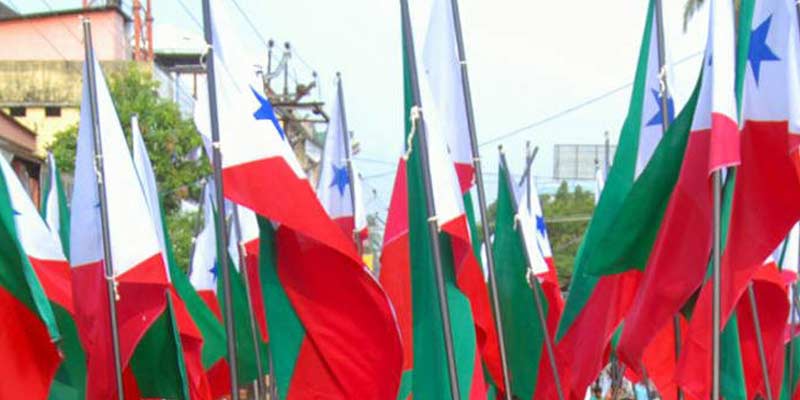- India
- Sep 28
MHA declares Popular Front of India as ‘unlawful association’
The Popular Front of India (PFI) has been banned by the Centre along with its several associates for five years.
The organisations which were also declared banned under the stringent anti-terror law UAPA include Rehab India Foundation (RIF), Campus Front of India (CF), All India Imams Council (AIIC), National Confederation of Human Rights Organisation (NCHRO), National Women’s Front, Junior Front, Empower India Foundation and Rehab Foundation, Kerala.
More than 150 people allegedly linked with PFI were detained or arrested in raids across seven states on September 27, five days after a similar pan-India crackdown against the group had led to the arrest of over a hundred of its activities and seizure of several dozen properties.
Why has the government banned PFI?
• In a notification, the Union home ministry said some of the PFI’s founding members are the leaders of the Students Islamic Movement of India (SIMI) and the PFI has linkages with Jamat-ul-Mujahideen Bangladesh (JMB). Both JMB and SIMI are proscribed organisations.
• The PFI and its associates or affiliates or fronts have been working covertly to increase the radicalisation of one community by promoting a sense of insecurity in the country, which is substantiated by the fact that some PFI cadres have joined international terrorist organisations, the notification claimed.
• The home ministry said Uttar Pradesh, Karnataka and Gujarat governments had also recommended a ban on PFI.
• It claimed that PFI and its associates or affiliates or fronts have been involved in violent terrorist activities with an intent to create a reign of terror in the country, thereby endangering the security and public order of the state.
• In exercise of the powers conferred by Section 3(1) of the Unlawful Activities (Prevention) Act, 1967, the central government declared the Popular Front of India (PFI) and its associates or affiliates or fronts as an “unlawful association.
What is the Unlawful Activities (Prevention) Act?
• Unlawful Activities (Prevention) Act is an anti-terror law aimed at the effective prevention of unlawful activities associations in India. Its main objective is to make powers available for dealing with activities directed against the integrity and sovereignty of India.
• It was passed in 1967 under the Congress government led by PM Indira Gandhi. Later, amendments were brought in under the UPA governments in 2004, 2008 and 2013.
• In August 2019, the President gave approval to The Unlawful Activities (Prevention) Amendment Act, 2019.
• The amended Act included provision of designating an individual as a terrorist. Prior to this amendment, only organisations could be designated as terrorist organisations.
• The amendment gave powers to the director general of the National Investigation Agency (NIA) to attach properties acquired from proceeds of terrorism. Earlier, the law required that the NIA take prior permission from the respective state police chief to attach the proceeds of terrorism.
• Also, the International Convention for Suppression of Acts of Nuclear Terrorism (2005) has been added in the Second Schedule through the amendment.
Manorama Yearbook app is now available on Google Play Store and iOS App Store

